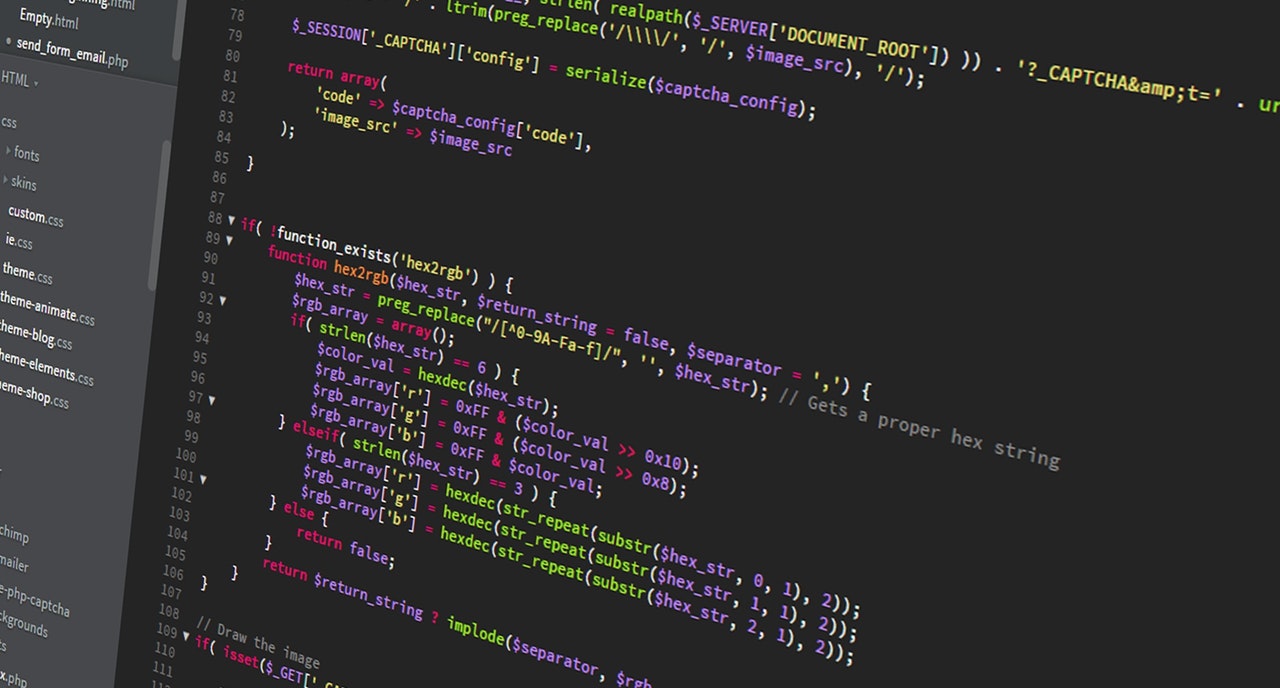Cyberattacks in the Middle East are on the rise. Here’s who they’re targeting
Cyberattacks in the Middle East are on the rise, according to a new report.
The Middle East region, and especially the United Arab Emirates, saw a growing number of attacks in the six months leading to March this year, according to DarkMatter, a cybersecurity firm based in the UAE.
In particular, those operations targeted the oil and gas sector, telecommunications, governments and other critical infrastructure, said the firm, which recorded those incidents from October to March 2019.
“Oil and Gas in particular, a pillar of the UAE’s economy that is of strategic importance to the world, faces the greatest risks,” the report said.
In fact, half of all cyberattacks in the Middle East target the oil and gas sector, according to DarkMatter, which cited findings from a Siemens and Ponemon Institute report.
Cyber-espionage and sabotage are the chief motivations for groups carrying out such attacks, according to the report. Their preferred mode of duping targets is through spear phishing, a practice of sending emails from ostensibly a trusted sender in order to trick them into revealing information.
DarkMatter highlighted seven attacks in the Middle East region in the months leading to March this year.
One such attack, which came to light on January 9, was carried out using malicious Microsoft Excel documents containing politically charged content in Arabic, according to the report.
“The campaign was aimed at the government, the transport industry and educational institutions in the Middle East, using lure documents containing malicious code to extract information from its targets. The group continues to deliver politically motivated content while developing new techniques to enrich its expanding playbook,” said the report.
Another cyber-espionage attack in March was carried out by a group “believed to be sponsored by the Iranian government, ” said the report.
Its victims included telecommunications companies in Turkey, said DarkMatter. It also targeted diplomatic missions within Iran, where it “sought to harvest personal data about individuals of interest,” the cybersecurity firm said.
“The recent development shows a greater interest in stealing personal data, in contrast with other Iranian groups that traditionally target government and commercial information,” the report said.


